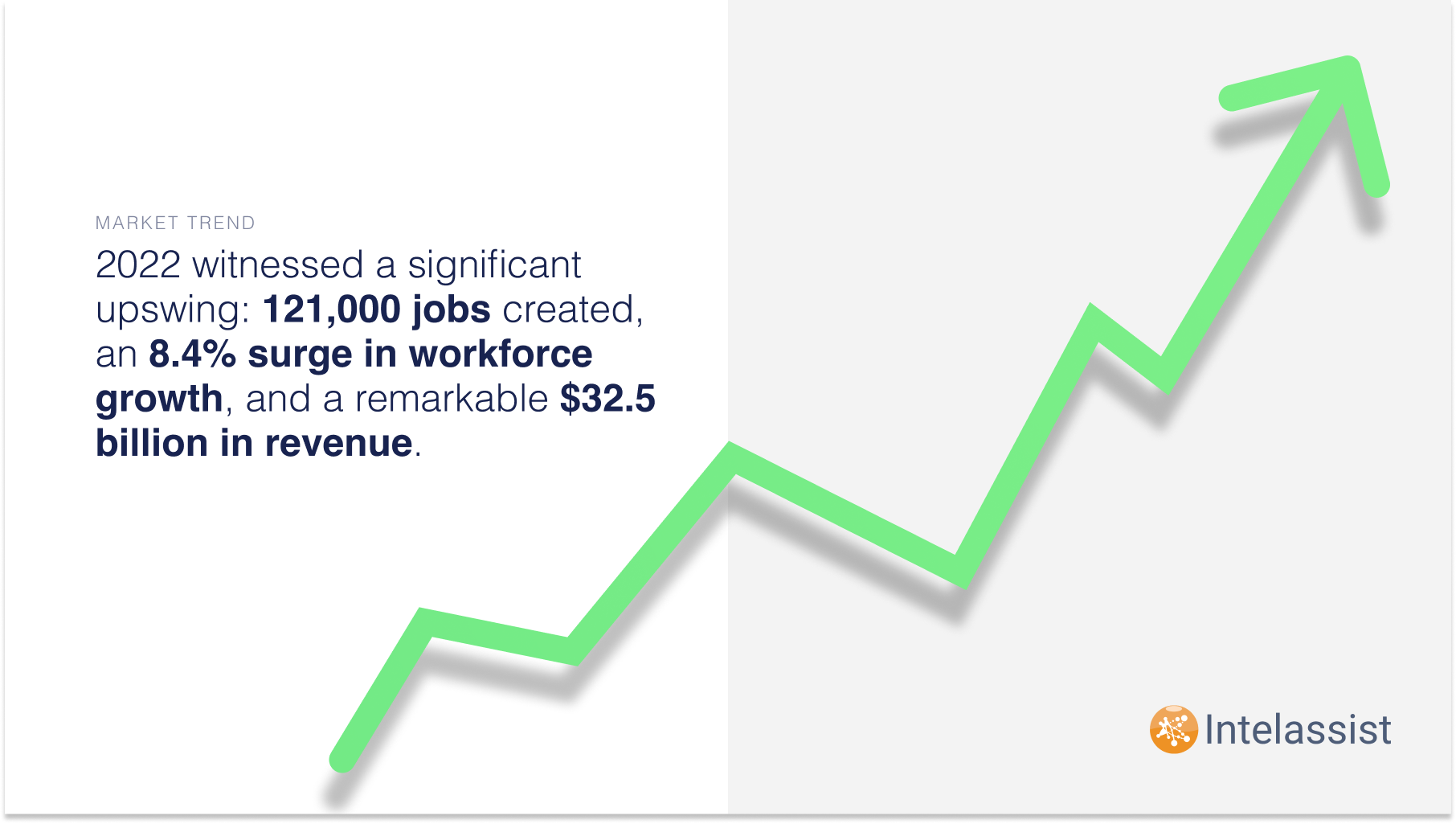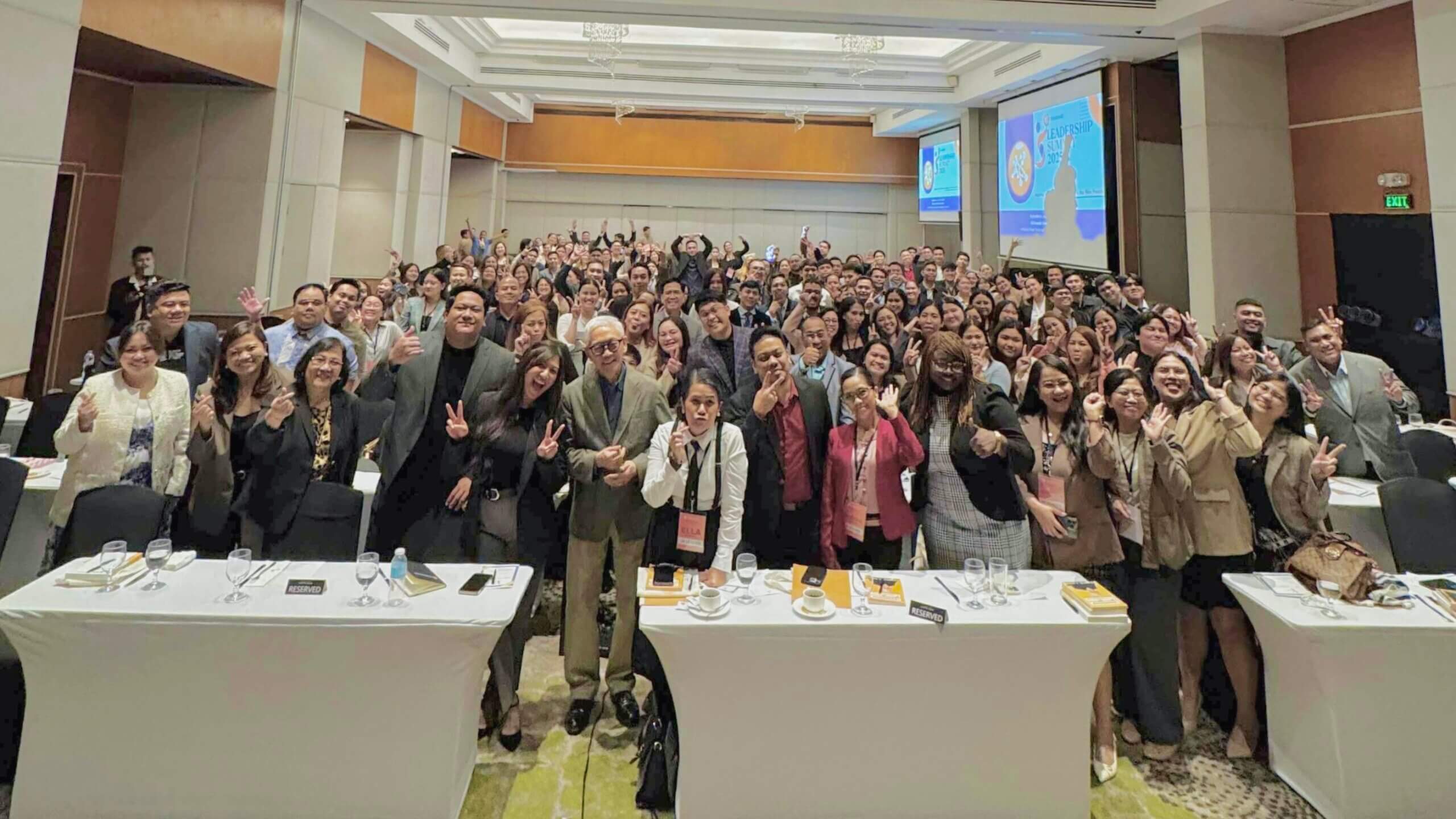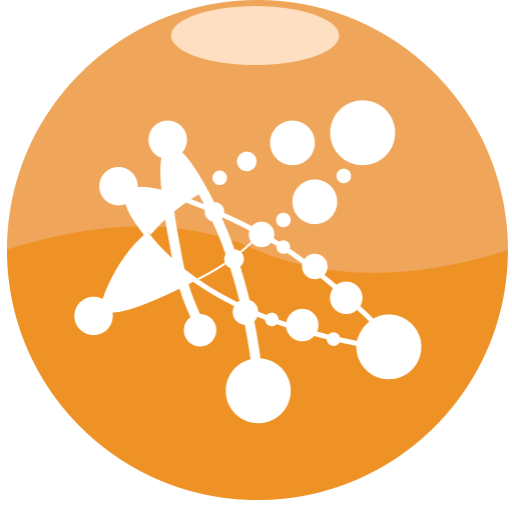News
The Thriving Landscape: A Deep Dive Into the Statistics of the Philippine Outsourcing Industry
The Philippines’ outsourcing industry stands tall as a robust economic pillar, a key driver of employment, and a significant contributor to the nation’s revenue stream. At the heart of this economic dynamo is the Business Process Outsourcing (BPO) sector, a transformative force that has consistently bolstered the country’s Gross Domestic Product (GDP) for several years.

According to the latest insights from the IT and Business Process Association of the Philippines (IBPAP), the Information Technology and Business Process Management (IT-BPM) sector in the Philippines experienced substantial growth in both workforce and revenue during the year 2022.
In terms of manpower, the Philippine outsourcing industry welcomed an impressive addition of 121,000 full-time employees (FTEs) in 2022, marking an 8.4% surge compared to the previous year. This surge elevated the overall headcount of the BPO sector to an impressive 1.57 million employees. Concurrently, the industry reported a remarkable uptick in revenue, reaching $32.5 billion. This figure represents a substantial 10.3% increase from the preceding year’s revenue of $29.5 billion.
The surge in both employment and revenue is attributed to a robust demand for outsourcing services across various key sectors. Telecommunications, technology, retail, healthcare, and the Banking, Financial Services, and Insurance (BFSI) sector have played pivotal roles in driving the growth of the Philippine outsourcing industry.
Interestingly, the surge in job creation wasn’t confined to the bustling metropolis of Metro Manila. Instead, it resonated vibrantly in locations such as Pampanga, Laguna, Davao, Bacolod, and Cebu. More than half of the newly generated jobs, a staggering 58%, were dispersed in these provincial areas. This decentralization of job opportunities reflects a positive trend toward spreading economic prosperity beyond urban centers.
Looking ahead, IBPAP anticipates sustained growth for the Philippine outsourcing industry. The organization is optimistic about achieving its 2023 targets, which include reaching 1.7 million FTEs and a revenue milestone of $35.9 billion. If these projections materialize, it would signify an impressive 8% and 10% increase, respectively, from the achievements of 2022.
In conclusion, the statistics paint a vivid picture of a flourishing Philippine outsourcing industry, a vital force propelling the nation forward economically. The industry’s resilience, adaptability, and strategic expansion beyond metropolitan hubs underscore its pivotal role in shaping the country’s economic narrative. As the sector continues to evolve, it remains a beacon of growth and opportunity for the Philippines on the global economic stage.
Explore our blog
Dive deeper into related topics and expand your knowledge by exploring these handpicked articles from our blog. Click on any title below to learn more.

Workforce Planning in 2026: Why Dedicated Remote Teams Are Becoming a Core Business Strategy
Workforce planning in 2026 has evolved beyond traditional HR functions into a strategic driver of growth, cost control, and operational resilience. As remote work becomes standard, skills-based hiring accelerates, and AI supports productivity, organizations are rethinking how teams are built, scaled, and sustained using global talent.

Intelassist Q3 2025 Company Newsletter
Discover Intelassist’s latest updates in Q2 2025.

Future-Fit Leadership with Francis Kong at Intelassist’s Leadership Summit
At a recent leadership summit, Francis Kong shared insights on disruption, technology, and the enduring power of human creativity—values that strongly resonate with Intelassist’s culture of trust, adaptability, and continuous learning.
contact US
How can we help?
Get in touch with one of our local experts today. We typically respond within 24 hours.


